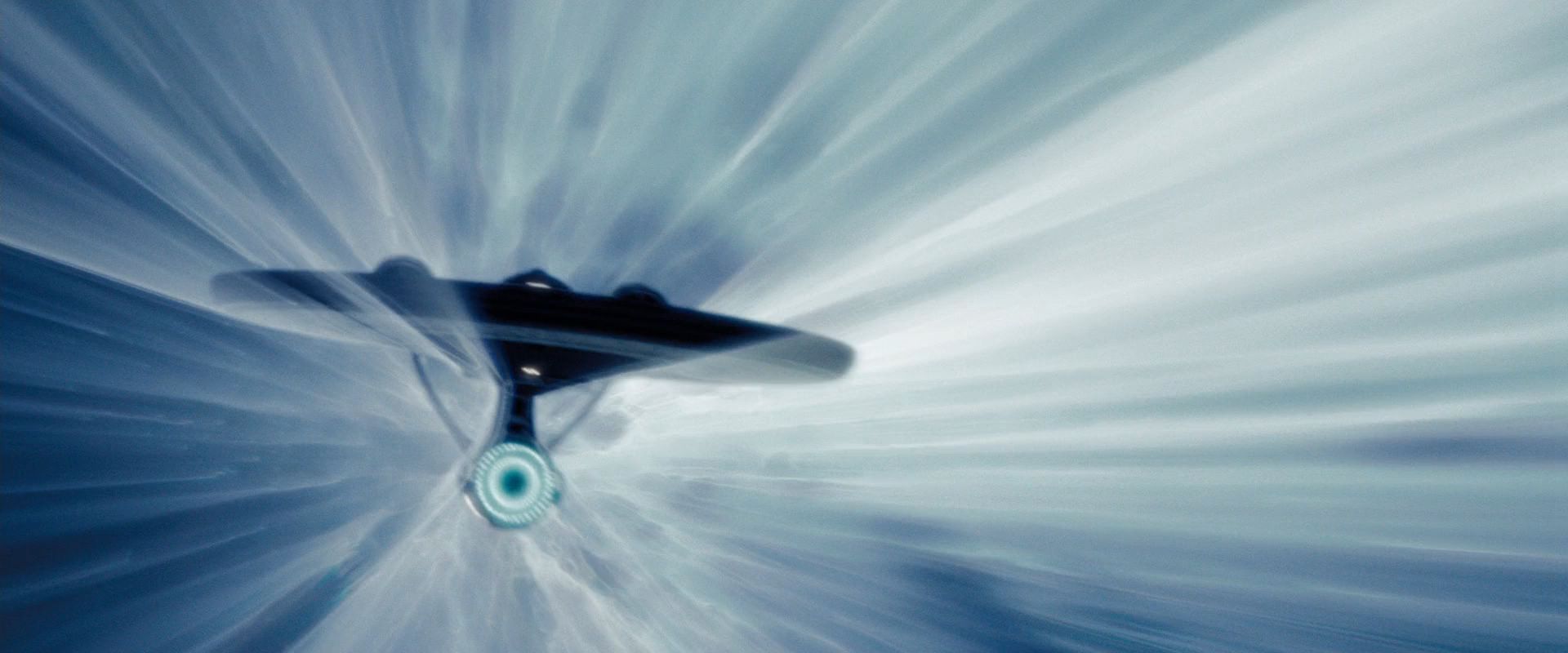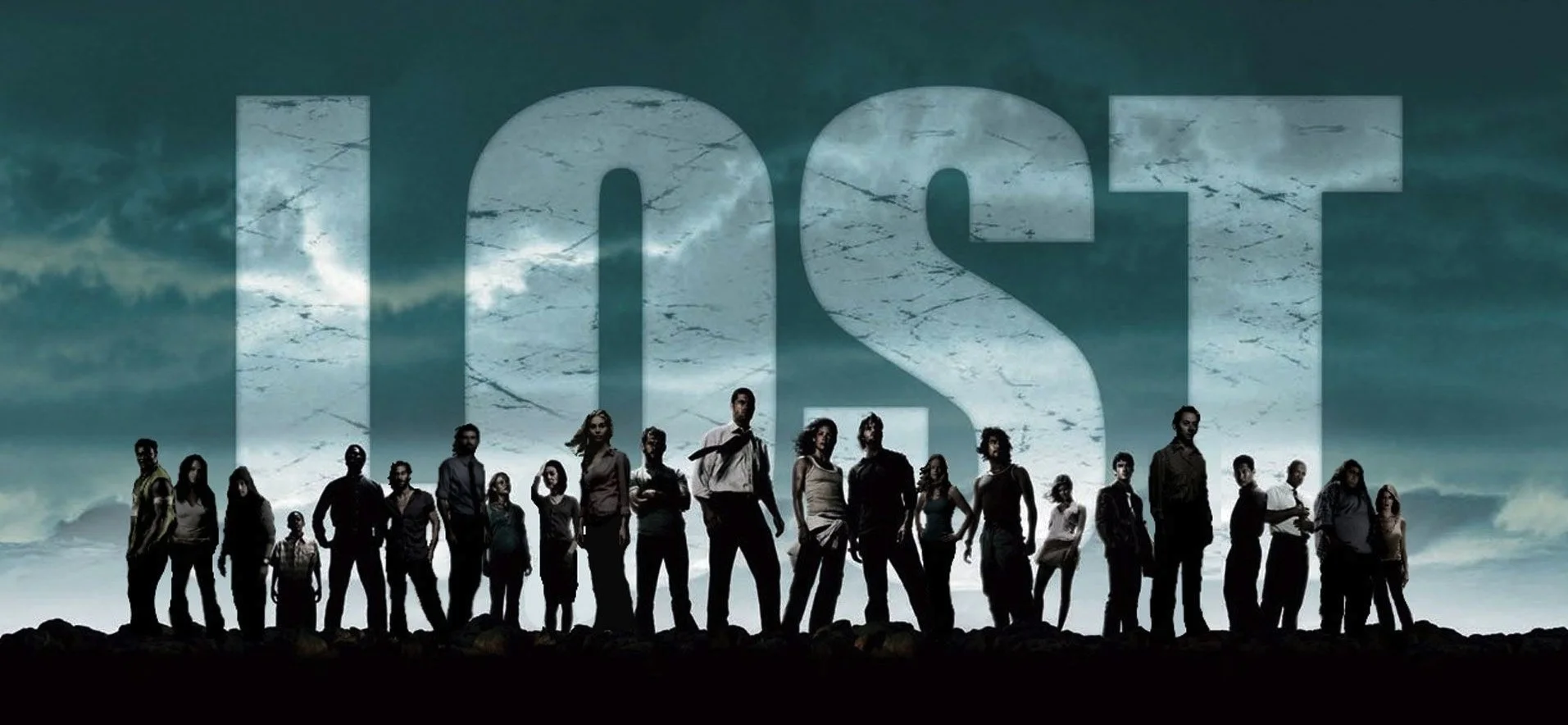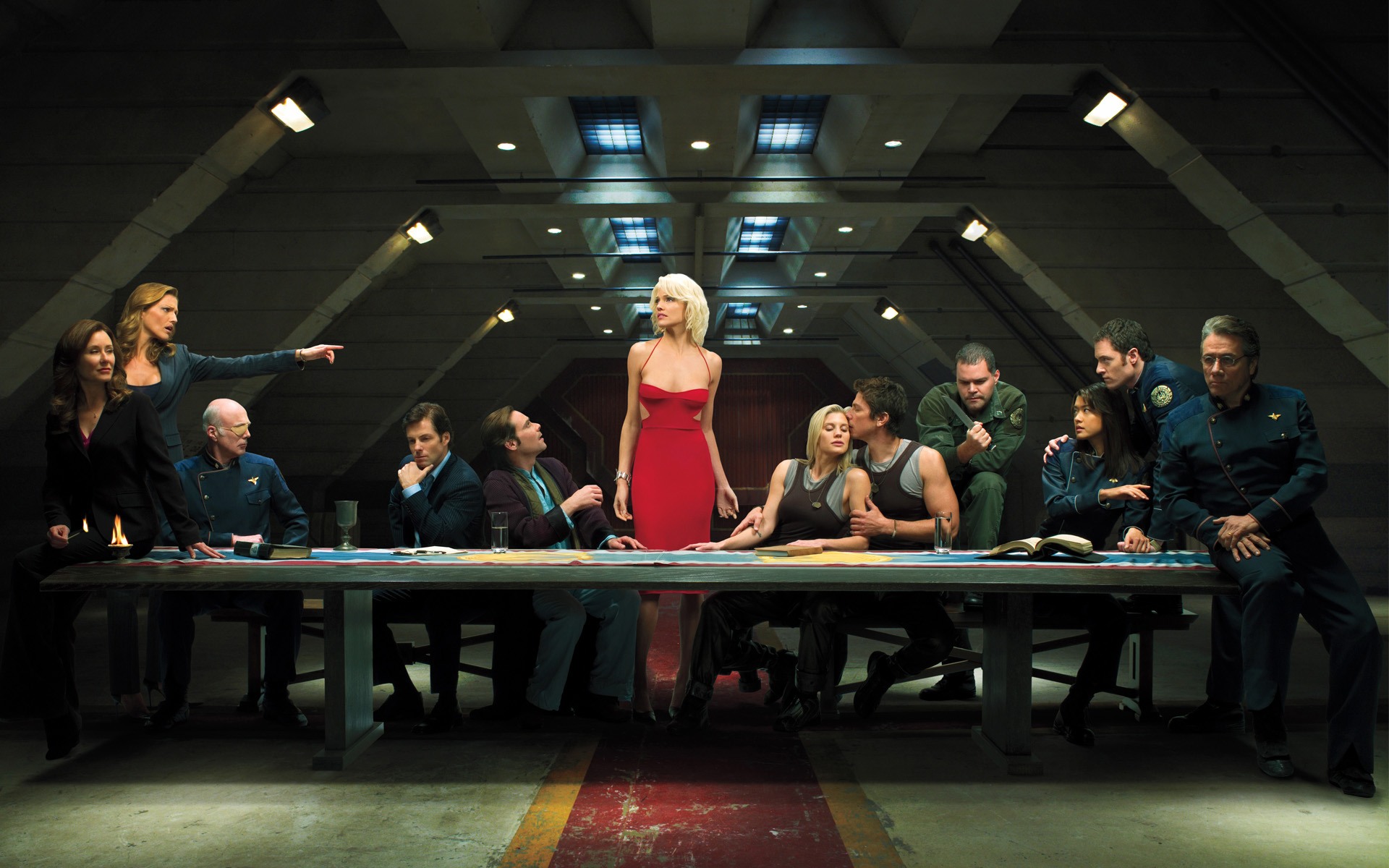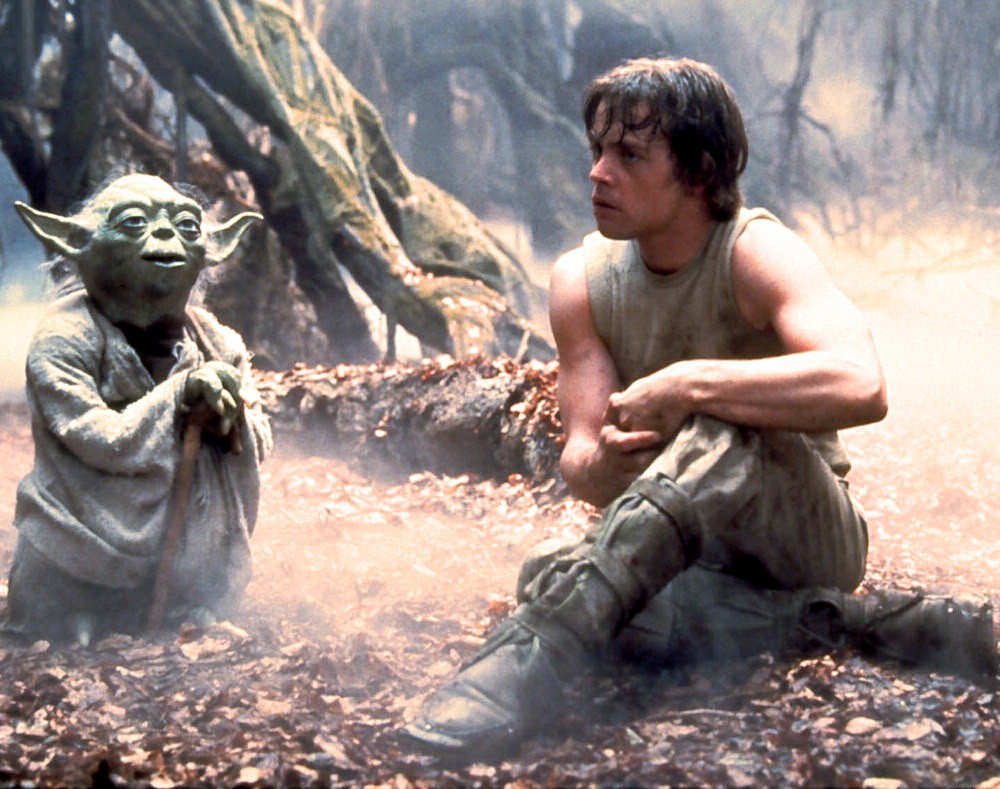Just what is happening? How are science fiction fans able to accept
the "end" of their beloved franchises and why do they later embrace their
return?
The answer starts with a core psychological process – sensory adaptation. This is the process by which
we adjust to our environments. Our nervous system is wired to lookout for
changes around us (e.g. a new noise outside the window). New information is literally exciting for our neurons. But once changes
remain constant (e.g. the noise does not go away), our senses get used to the stimuli and neurons stop firing.
Adaptation also occurs with emotions. With time, we get used to our feelings
and habituate back to how we feel most of the time (our baseline). Given enough time, the excitement of being on
vacation wears off, the sadness of moving from a warm to cold climate
fades away, and your new smartphone fails to bring you joy. Not only does adaptation shape the way we see the world, it might be the reason we evolved the way we did.
Adaptation has also influenced the psychology of happiness (positive psychology). Researchers have discovered that life circumstances (i.e. the things that happen to you) have little influence on our overall happiness. Why? Because we get used to the circumstances we find ourselves in. How we respond to circumstances is far more important than what happens to us (for a great overview of this, check out Sonja Lyubomirsky’s The How of Happiness). While
changes in our circumstances do impact our short-term happiness, over the long-term we adjust and return to a stable level of happiness. This is called the
hedonic treadmill. Think of your happiness like a thermostat – while the temperature (your feelings) might fluctuate here and
there, overall it tends to stay around 70 degrees (your average level of
happiness). Everyone's average is different, and we can change our behavior to live in the upper range of our average, but we will always bounce back to our baseline. Some people won't bounce back and develop depression, anxiety, or other emotional problems, but I'll save that story for another day.
My favorite example of hedonic adaptation comes from the
classic 1978 study on lottery winners and paralyzed individuals. You
would expect that lottery winners would be much happier after winning up to
$1,000,000. You might also predict declines in happiness for recently paralyzed individuals. In this study, while there was an initial
bump in happiness for lottery winners and a decline in the paralyzed groups, overall
in the long-term everyone returned to how they felt before winning the lottery
or becoming paralyzed. Like a thermostat,
these participants bounced back to how they felt prior to their life-changing circumstances.
Adaptation also helps us understand the relationship
between income and happiness. Mihaly Csikszentmihalyi (Chick-Sent-Me-Hi)
described in If We Are So Rich, Why Aren’t We Happy that after overcoming poverty, increased income only minimally affects our happiness. Once you can comfortably pay your bills, being able to purchase more
stuff doesn't make you feel that much better (it does result in better healthcare, education, and opportunities to spend time with friends and family though). Our cultural belief that the road to happiness is financial wealth, combined with the empirical finding that we are very bad at predicting how we will feel in the future, results in many Americans pursuing a goal they have no chance attaining (just like the protagonist in 1999's Fight Club, see below).
























